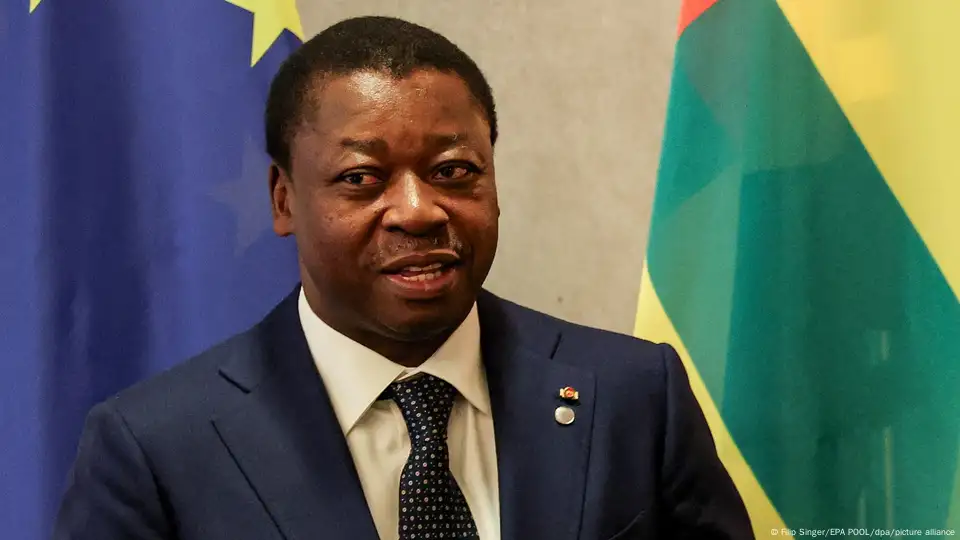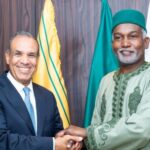Togo is witnessing a powerful youth-led protest movement fueled by frustration over a controversial constitutional overhaul that enables long-time leader Faure Gnassingbé to remain in power without facing term limits. The change, which transfers executive authority to a newly empowered prime minister role now occupied by Gnassingbé, has sparked widespread anger and deadly clashes in the capital Lomé.
At least five people have died in recent protests as demonstrators, particularly young urban Togolese, clash with security forces. But unlike past political dissent driven by opposition parties, this wave of resistance is being led by artists, activists, and influential figures who resonate more deeply with the public than traditional politicians.
Gnassingbé, in power since 2005 following the death of his father Gnassingbé Éyadéma, orchestrated a swift constitutional shift in early 2024. Without a public referendum, his ruling Union pour la République (Unir) party dominant in a gerrymandered legislature, passed the new framework. This move reshaped the presidency into a ceremonial role, now held by 86-year-old Jean-Lucien Savi de Tové, while concentrating all real power in the hands of the prime minister.
While the government frames this shift as a transition to a parliamentary democracy aligned with Commonwealth principles, critics see it as a smokescreen for dynastic rule. The change also violated ECOWAS protocols, which require a six-month buffer between constitutional amendments and elections, yet legislative polls were held just weeks later.
Protests intensified after the arrest of rapper and activist Essowe Tchalla, known as Aamron, who was forcibly taken from his home and confined to a mental hospital in a move reminiscent of authoritarian regimes. After a coerced video surfaced showing Aamron apologizing to Gnassingbé, he was released without charges, sparking further outrage. Poet and activist Honoré “Affectio” Sokpor also remains jailed after a January arrest, cementing the regime’s clampdown on dissenting voices in the arts.
The new movement, dubbed M66 (short for “6 June Movement” in reference to Gnassingbé’s birthday), is rallying support online under the hashtag #FaureMustGo, reflecting a growing rejection of the political establishment. Despite low voter turnout in recent local elections widely seen as manipulated, official results show continued dominance by the ruling party.
Togo remains one of the world’s poorest nations, and nearly 60 years of uninterrupted Gnassingbé family rule has left the population disillusioned. Now, a new generation of digital-savvy activists, artists, and cultural figures are uniting to challenge the regime’s stranglehold in ways the political opposition has failed to do.
International response has been largely muted, with global focus elsewhere on crises in Gaza and Ukraine. Even ECOWAS, wary of further destabilization after the exits of Mali, Burkina Faso, and Niger, has remained silent. But on the streets of Lomé, the message is loud and clear: the people, especially the youth, are no longer willing to accept authoritarian rule disguised as reform.
Togo’s political crisis underscores a broader African struggle between entrenched leadership and the rising demands of young, connected, and increasingly fearless citizens calling for genuine democracy.













Leave a comment